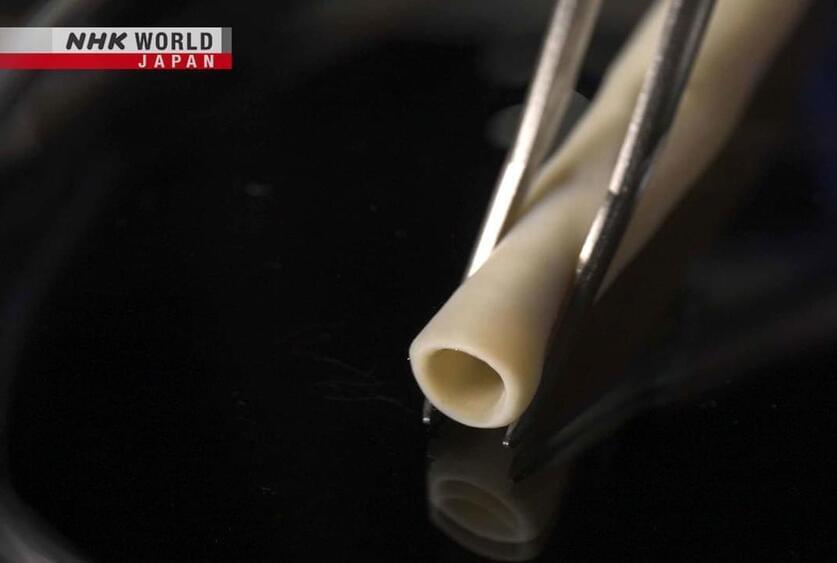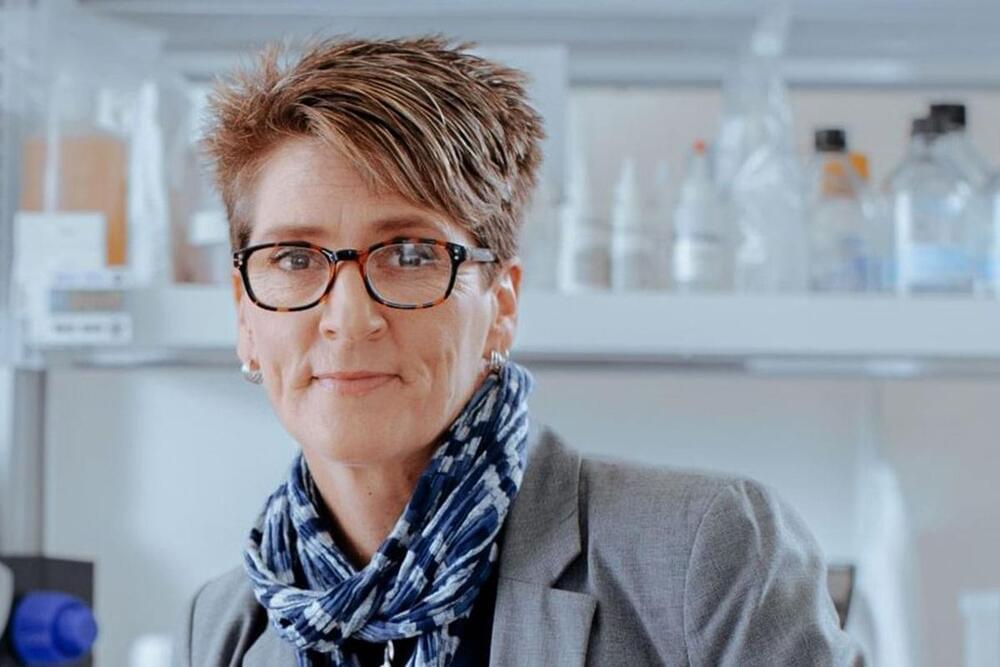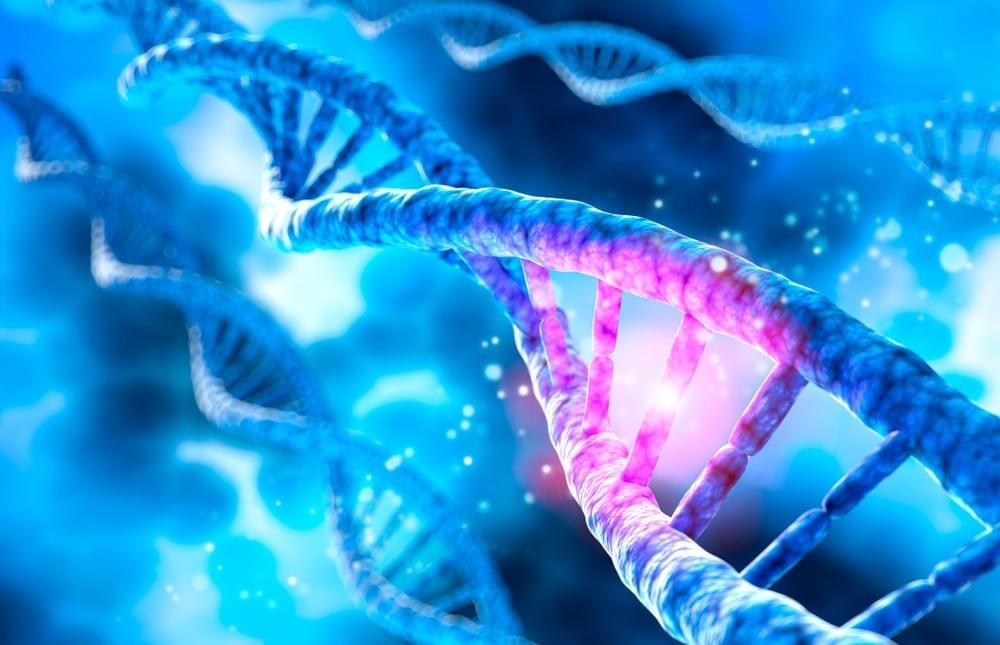Several techniques currently are used to determine the pace of aging in animals and, to a lesser degree, in humans. However, the techniques used in humans lack accuracy, don’t assess aging in specific organs, are not widely available, and are expensive.
A multi-institutional research team measured the levels of nearly 5,000 human proteins in 5,676 people of all ages who were followed for as long as 15 years in five prospective longitudinal cohorts. Each measured protein was associated with specific organs, based on previous studies: adipose tissue, artery, brain, heart, immune tissue, intestine, kidney, liver, lung, muscle, or pancreas. Combinations of proteins indicated the pace of aging in each organ. Accelerated aging of one organ was found in nearly 20% of people, and accelerated aging of multiple organs was noted in ≈2%. Accelerated aging in a specific organ correlated with risk for developing disease in that organ. For example, people with accelerated heart aging (vs. those without it) had 250% higher risk for developing heart failure, and people with accelerated brain and vascular aging had nearly 60% higher risk for developing Alzheimer disease.
Various tools — from sequencing a person’s genome to measuring gene expression (e.g., the “methylome”) — are becoming available to predict a person’s risk for developing particular diseases. Will these predictions lead to interventions that lower risk? The jury is still out on that question.





